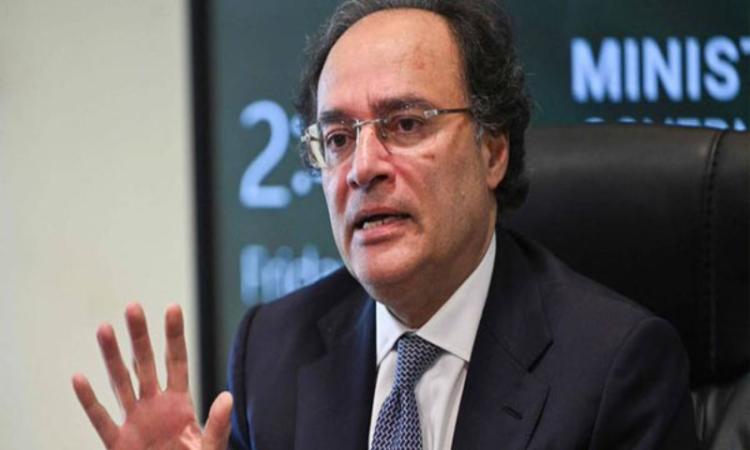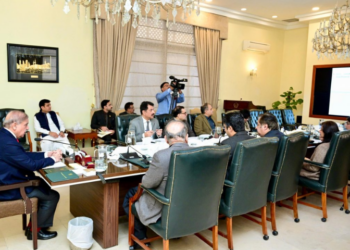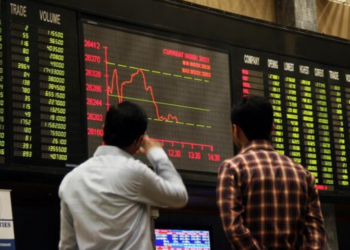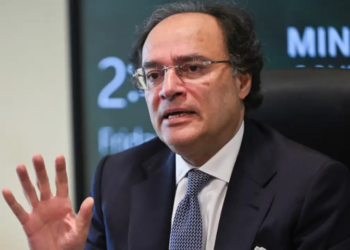Islamabad, November 8, 2024- Speaking at a literature festival in Islamabad on Friday, Finance Minister Muhammad Aurangzeb clarified that Pakistan’s loan agreement with the International Monetary Fund (IMF) carries no hidden conditions. While only a few countries are currently open to extending deposits or rolling over loans, he emphasized that allies such as China and Saudi Arabia remain committed to investing in Pakistan’s economy.
The finance minister urged the business community to avoid unethical practices, such as paying “speed money,” and noted that reliance on donations alone cannot sustain the country’s needs. He encouraged the private sector to assume a more active role in driving economic progress, highlighting the limited willingness among international partners to provide deposits or extend existing loans.
Pakistan is prioritizing foreign investment from key partners, including China, Saudi Arabia, and the UAE, particularly as Phase II of the China-Pakistan Economic Corridor (CPEC) pivots towards business-to-business (B2B) collaboration following the completion of major infrastructure projects.
Aurangzeb noted that Pakistan’s currency is stable, and the country’s foreign exchange reserves are expected to cover three months of imports by the March–June period. While inflation has eased, he stressed that these gains must translate to tangible benefits for ordinary citizens.
On tax and economic reforms, Aurangzeb pointed out that Pakistan’s tax-to-GDP ratio of 9-10% is unsustainable, underscoring the need for structural changes and an overhaul of the Federal Board of Revenue (FBR) to build credibility and public trust. He acknowledged that even salaried individuals find it challenging to file taxes independently, signaling the need for greater digitization to simplify tax processes.
The finance minister emphasized the government’s commitment to end-to-end digitization to curb corruption and reduce leakages in tax collection. He noted that Prime Minister Shehbaz Sharif is focused on fostering foreign direct investment, particularly through B2B frameworks, as the government aims to step back from direct business involvement. Privatizing state-owned enterprises (SOEs), including Pakistan International Airlines (PIA), remains a priority despite past challenges.
Aurangzeb discussed options for SOE privatization, including outsourcing and public-private partnerships. He announced plans to issue Eurobonds next year and is in talks to issue Panda bonds. However, he also highlighted concerns about Pakistan’s rapidly growing population, which has reached 240 million with an annual growth rate of 2.55%. If unchecked, this growth could pose severe challenges as the population nears 400–450 million.
Energy, tax, and institutional reforms are essential for long-term stability, according to the finance minister. Although energy costs are now reaching more manageable levels, further structural reforms are required. He argued that public sector institutions must undergo transformation, with the private sector taking on a more substantial role to reduce government reliance and enhance system efficiency.
Aurangzeb concluded by reiterating that while welfare initiatives are valuable, a strong tax base is essential for sustainable growth. Privatizing SOEs and empowering the private sector will relieve pressure on the government and support a more efficient economy in the long run.









